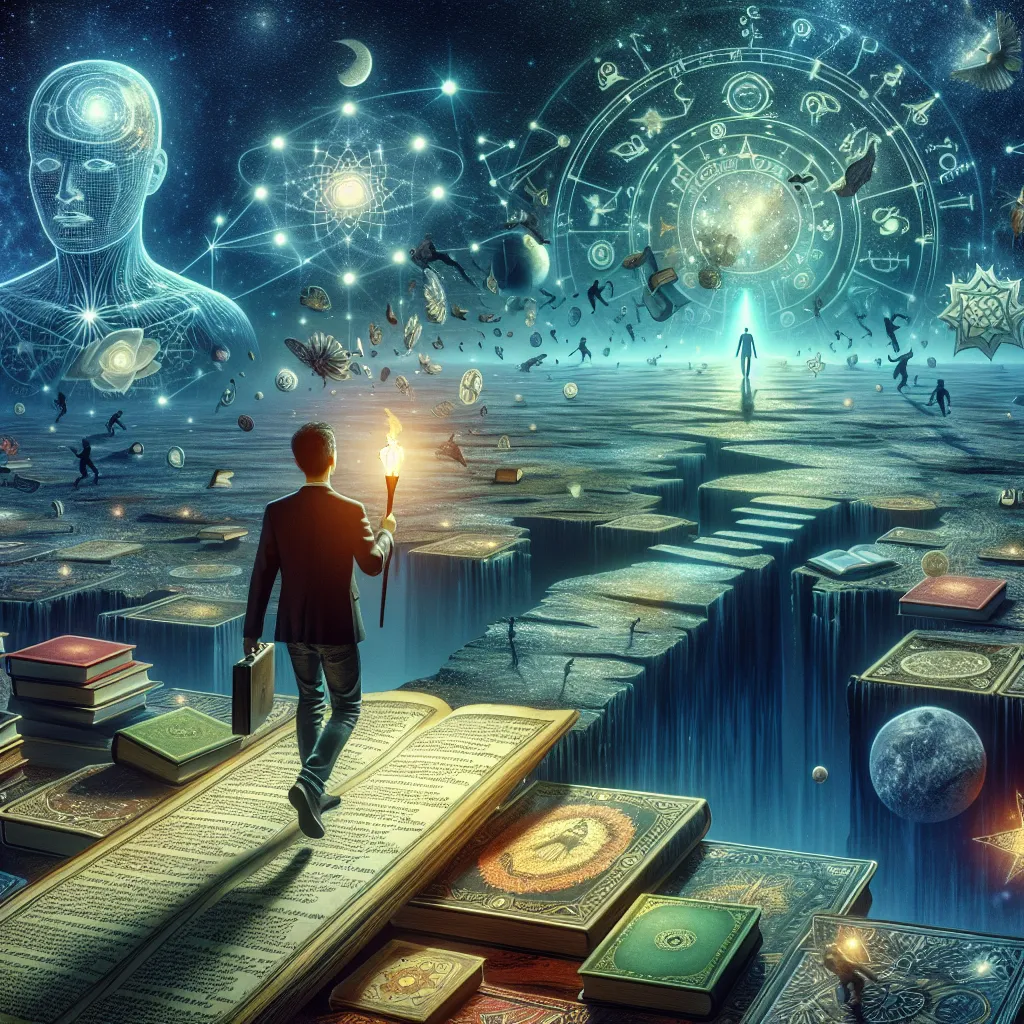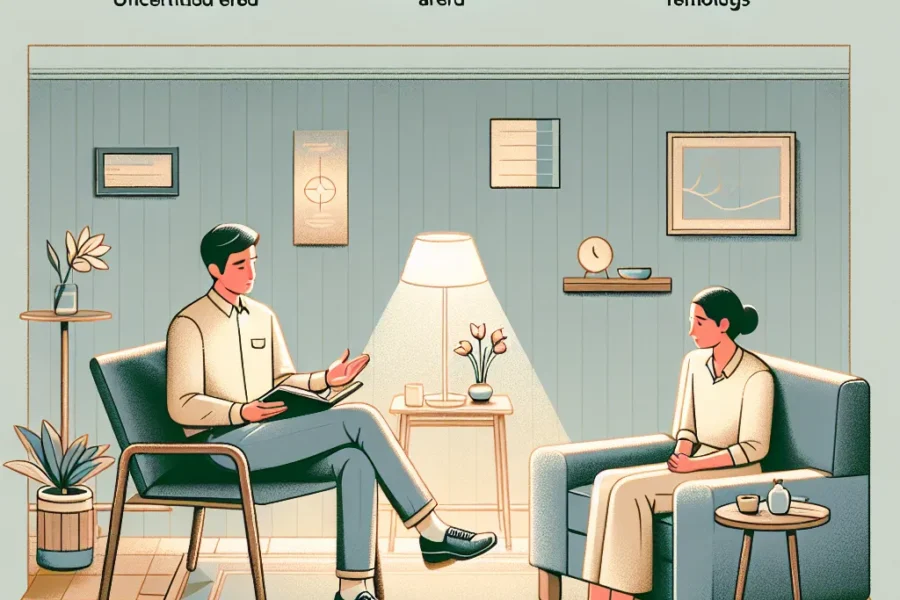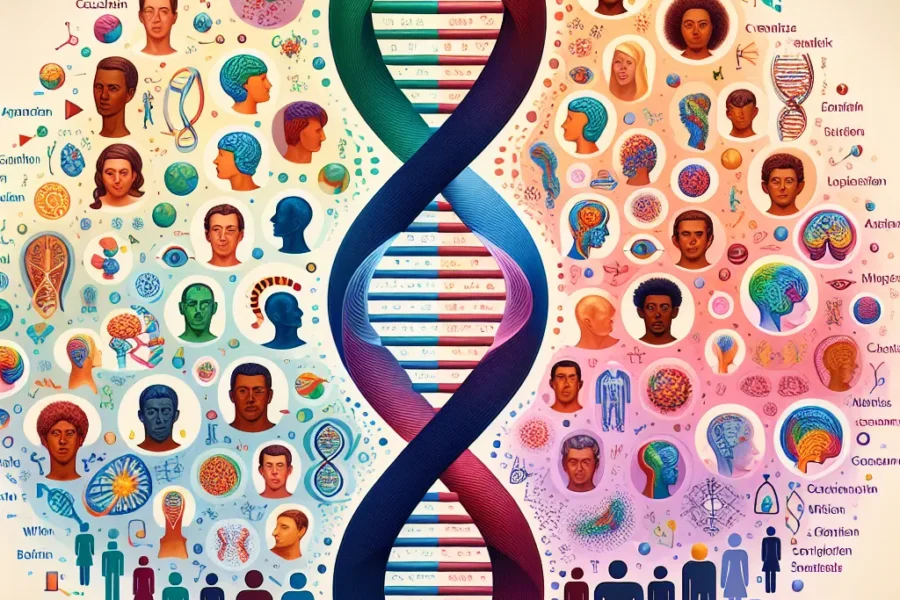Diving into the Depths of the Unconscious Mind with Carl Jung
The human mind is a vast and intricate entity, teeming with mysteries yet to be unravelled. One of the most fascinating and enigmatic aspects of our psyche is the unconscious mind, a concept extensively explored by the renowned Swiss psychiatrist Carl Gustav Jung. Delving into the depths of the unconscious through the lens of Jung’s theories offers profound insights into the hidden aspects of our personalities, our innate potential, and the collective wisdom shared across human experiences.
Carl Jung, a pivotal figure in the early days of psychology, contributed significantly to our understanding of the unconscious mind. He proposed that the unconscious consists of two layers: the personal unconscious, which harbors forgotten experiences and repressed emotions, and the more profound collective unconscious, which contains the essence of ancestral knowledge and archetypes common to all of humanity.
The personal unconscious is a repository for thoughts and memories that were once conscious but have been repressed or forgotten over time. These could include traumatic experiences, unresolved conflicts, or any information deemed irrelevant by our conscious mind. Jung believed that through a process of individuation, or self-discovery, one could retrieve and integrate these repressed elements, leading to psychological growth and wholeness.
On the other hand, the collective unconscious is a universal datum, meaning that it is shared by all human beings. This level of the unconscious contains archetypes – innate, universal psychic structures or patterns that shape our experiences and behaviors. Archetypes manifest in our dreams, myths, and symbols, playing a critical role in shaping the human psyche across cultures and time periods.
One of the most famous of these archetypes is the “Shadow,” representing the part of our personality that we deem negative or undesirable. Jung posited that confronting and integrating the Shadow is essential for achieving a balanced psyche. Another archetype is the “Anima/Animus,” which symbolizes the feminine aspect present in the male unconscious and the masculine aspect within the female unconscious. By recognizing and harmonizing these opposing gender energies, individuals can enjoy more fulfilling relationships and a greater sense of self.
Jung also examined the role of dreams in accessing the unconscious. He saw dreams as direct manifestations of the unconscious, providing invaluable insights into our innermost thoughts, desires, and fears. Unlike his mentor Sigmund Freud, who focused on the latent content of dreams (the hidden symbolic meanings), Jung emphasized their manifest content (the dream’s story itself). By analyzing dreams, Jung believed individuals could gain a better understanding of their unconscious motivations and resolve inner conflicts.
Jung’s work on the unconscious mind extended beyond the individual to encompass the collective spiritual and cultural life of people. He introduced the concept of synchronicity – a principle that suggests the occurrence of meaningful coincidences that are not causally related but appear significantly related. This concept reflects a deeper order and unity within the collective unconscious, where external events can resonate with internal psychic states.
To tap into the profound resources of the unconscious, Jung advocated for techniques such as active imagination and dream analysis. Active imagination involves a dialog between the conscious and unconscious parts of the mind, allowing for a flow of images and ideas from the unconscious to be consciously acknowledged and examined. Through this process, one can achieve a greater sense of inner balance and psychological integration.
The continued relevance of Jung’s ideas is evident in the way modern therapeutic practices incorporate his theories. Psychotherapists often use Jungian concepts and techniques to help clients explore their unconscious minds, resolve internal conflicts, and seek personal growth. Furthermore, Jung’s influence extends into various domains, including art, literature, and even business, where understanding human motivation and behavior is crucial.
The archetypes and themes identified by Jung are also adapted in marketing and branding, with companies leveraging these universal patterns to connect with their audiences on a deeper psychological level. The hero’s journey, for instance, is an archetype frequently used in storytelling to evoke a sense of adventure and personal transformation, engaging customers and creating a powerful brand narrative.
Jung’s exploration of the unconscious mind also intersects with spirituality and religion. He observed that many religious symbols and rituals mirror the archetypes present in the collective unconscious. This insight underscores the shared human quest for meaning and the need to connect with something greater than oneself, a phenomenon evident across different cultures and belief systems.
Jungian psychology continues to captivate those interested in the study of the unconscious mind. The rich symbolism, intricate concepts, and profound implications for personal growth make Jung’s work an evergreen topic in psychology. As researchers delve deeper into the realm of the unconscious, using advanced neuroimaging techniques and psychological studies, the bridge between Jungian thought and scientific inquiry grows stronger.
In conclusion, Carl Jung’s pioneering work on the unconscious mind offers a treasure trove of wisdom for anyone willing to embark on a journey of self-discovery. By embracing the depths of our psyche, we can unlock the full potential of our personalities, enrich our lives with profound insights, and connect with the collective experiences that unite us as human beings. Whether through dream analysis, active imagination, or simply heeding the whispers of our inner selves, engaging with the unconscious can lead to transformative outcomes that resonate both personally and universally. In the words of Jung himself, “Who looks outside, dreams; who looks inside, awakes.” As such, the exploration of the unconscious mind is not merely a scientific endeavor but a path to awakening and enlightenment, guided by the extraordinary vision and depth of Carl Jung.



Leave a Comment